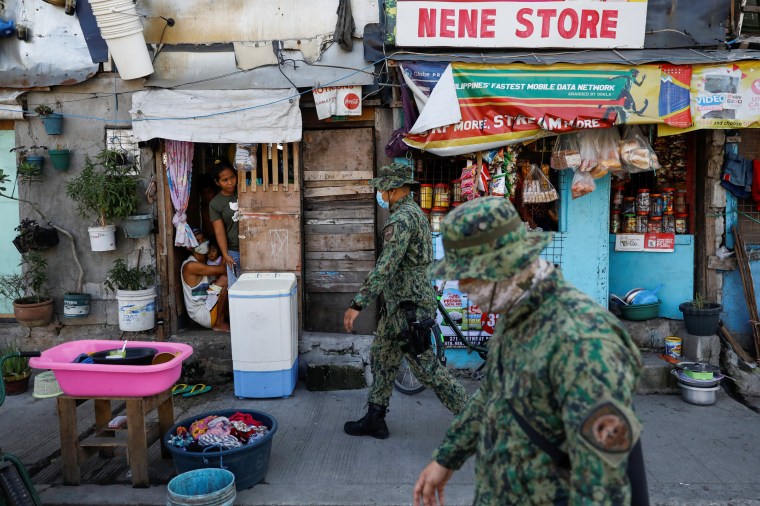Bangkok, November 16, 2020 – Philippine authorities should conduct a swift and thorough investigation into the killing of journalist Virgilio Maganes and bring those responsible to justice, the Committee to Protect Journalists said today.
On the morning of November 10, two assailants on a motorcycle shot and killed Maganes outside his home in Villasis, in the northern province of Pangasinan, and then fled the scene, according to news reports. The journalist sustained six gunshot wounds and died at the scene, according to those reports.
A special police task group has been formed to investigate the killing, and has examined CCTV footage for potential leads, according to reports. The Presidential Task Force on Media Security, a government body tasked with resolving media murder cases, said in a statement that it vowed to “hunt down and punish those responsible.”
Maganes worked as a commentator at the local DWPR radio station and a columnist for the weekly Northern Watch newspaper, and often covered political issues, according to reports.
“Authorities should leave no stone unturned in identifying and bringing to justice the killers of journalist Virgilio Maganes,” said Shawn Crispin, CPJ’s senior Southeast Asia representative. “Maganes’ killing must be thoroughly investigated, and authorities must determine whether he was targeted in response to his work.”
Nonoy Espina, chair of the National Union of Journalists of the Philippines, told CPJ by email that his group believes Maganes’ killing was likely related to his journalism.
He said Maganes had recently reported critically on a local civil society group’s alleged mishandling of funds, and that some of its members had sued the journalist for cyber-libel, in a case that was ongoing at the time of his death.
Maganes survived an attempted shooting in November 2016 by pretending to be dead; in that incident, unidentified assailants left a note at the scene claiming that the journalist was a drug dealer, according to news reports.
The Presidential Task Force on Media Security force did not immediately reply to CPJ’s emailed request for information on the status of the investigations into Maganes’ case and if it considered his killing related to his work.
Last month, CPJ published its annual Global Impunity Index, a ranking of nations where journalists are slain and their killers go free; the Philippines ranked seventh, with at least 11 unsolved journalist killings.
Presidential Task Force on Media Security executive director Joel Sy Egco said in a statement earlier this year that the “culture of impunity” in journalist killings had “finally come to an end,” an assessment CPJ countered in a recent analysis.
